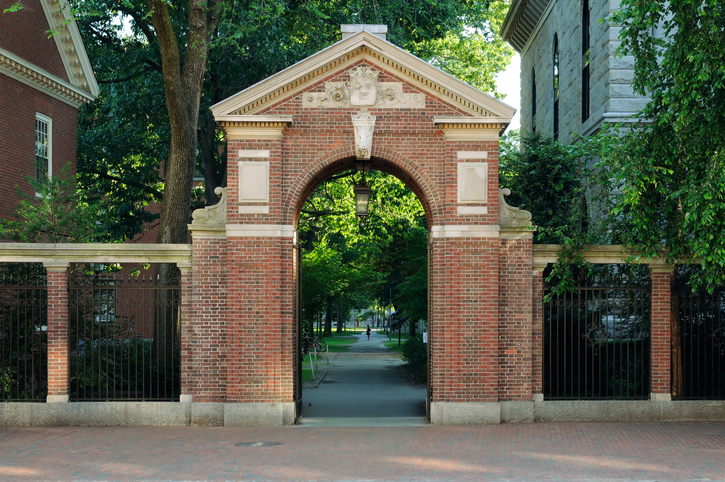A Harvard University junior from Hattiesburg, Mississippi, has become the first Black student body president in the Ivy League university’s 384-year history.
Noah Harris, a 20-year-old government major, who dedicated his platform to diversity and inclusion and student health and wellness, won the election on Nov. 12.
Harris told the Jackson Free Press that he is honored to hold the esteemed title, particularly given the events of 2020.
“Especially with everything that went on this summer with the death of George Floyd and Breonna Taylor and Ahmaud Arbery, all the protests that went on in this moment of racial reckoning in this country,” Harris said. “This is a major statement by the Harvard student body to entrust a Black man with such an unprecedented moment in its history.”
Meet Noah Harris, the first Black man Harvard's student body elected as council president https://t.co/EqeocTqKd3
pic.twitter.com/Vzprv3kEXw— Yahoo News (@YahooNews) November 20, 2020
The Harvard Crimson also featured Harris right before he won the election. Along with another student, Jenny Gan, the young man proposed the Advocacy Fund, a campaign that provides financial assistance to protesters and organizers.
The scholar and his partner also wanted to ensure that students’ mental health stays intact during these difficult times.
“Our goal is to create a space where students can check in with their mental health, as much as they feel comfortable, and providing resources,” Gan told The Harvard Crimson. “So the same resources that are provided for physical health reasons — for COVID — for mental health.”
According to CBS News, Harris' campaign was virtual due to the pandemic, forcing him to utilize social media and texting to spread his message.
He spoke about how the coronavirus changed the scope of elections.
“It is something that we’ve never been through as a college; we’ve certainly never been through this as students,” Harris told CBS News. “It’s been such a hard year, and this is such an unprecedented time for everyone at Harvard. We’ve never had a virtual election.”
Harris, who also held a position as co-chair of Harvard’s Undergraduate Council — a position only held by two other students, said he wants to be the catalyst for change at the conservative university.
“It’s a message to the university that we really have to be conscious about the decisions that we’re making and how we’re standing with all of our students of color and making sure that their college experience and just their livelihoods are as good as possible when a university like Harvard has so many resources,” Harris said.
